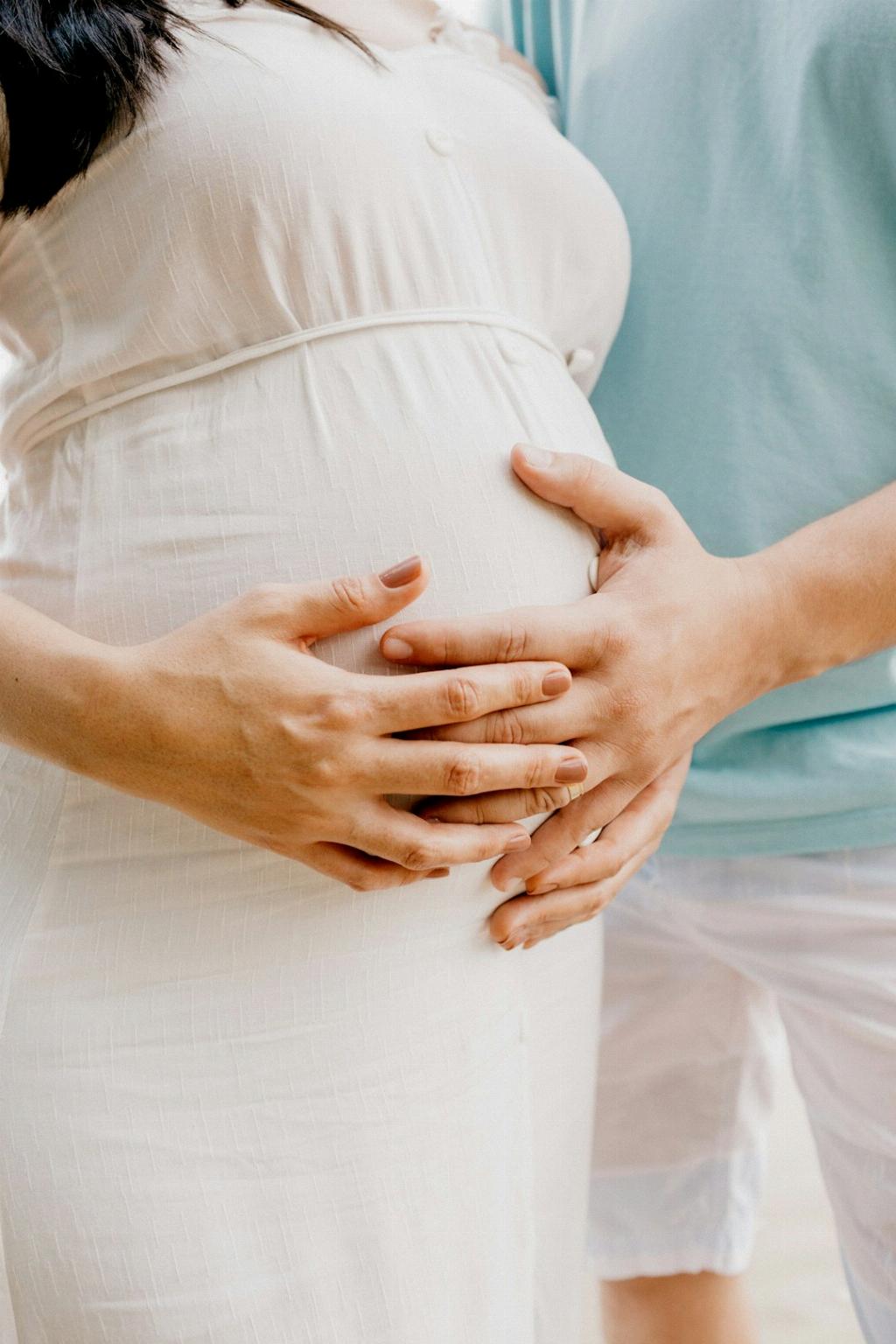As a pug owner, it’s essential to be aware of the signs that indicate your furry friend might be expecting. One of the significant indicators to look out for is weight gain and an enlarged abdomen. When pugs are pregnant, their bodies undergo changes to accommodate the growing puppies, leading to a noticeable increase in their belly size. This change can be quite apparent, especially if the weight gain is not attributed to any other factors.
Behavioral Changes
Another sign that your pug might be pregnant is alterations in their behavior. Pregnant pugs may exhibit changes in their demeanor, such as increased affection towards their owners or seeking more solitude. Keep an eye out for any unusual behaviors that could hint at a potential pregnancy.
Changes in Appetite
Monitoring your pug’s eating habits can also provide insights into their pregnancy status. Some pregnant pugs may experience changes in appetite, either eating more or less than usual. If you notice significant shifts in your pug’s food consumption patterns, it could be a sign of pregnancy.
Physical Signs
Aside from weight gain, there are other physical signs that can help you determine if your pug is pregnant. These may include changes in nipple size and color, as well as the presence of a mucous vaginal discharge. Observing these physical changes can aid in confirming your pug’s pregnancy.
Veterinary Confirmation
If you suspect that your pug is pregnant based on the signs mentioned above, it is advisable to consult your veterinarian for confirmation. Veterinarians can perform various tests, such as ultrasound scans or blood tests, to accurately determine if your pug is indeed expecting.
Preparation for Whelping
Once your pug’s pregnancy is confirmed, it’s essential to start preparing for the whelping process. Create a comfortable and safe whelping area for your pug to give birth, ensuring that she has everything she needs for a smooth delivery.
Monitoring Health and Nutrition
During pregnancy, it’s crucial to monitor your pug’s health and nutrition closely. Consult your veterinarian for guidance on the appropriate diet and supplements to support your pug’s health and the development of the puppies.
Regular Vet Check-ups
Regular veterinary check-ups are essential throughout your pug’s pregnancy to ensure that both the mother and puppies are healthy. Your veterinarian can provide valuable advice on caring for your pregnant pug and addressing any concerns that may arise.
Emotional Support
It’s essential to provide emotional support to your pregnant pug during this time. Be patient and understanding, recognizing that pregnancy can be a challenging period for dogs as well. Spend quality time with your pug and offer reassurance to keep her comfortable.
Preparing for Parenthood
As a pug owner, preparing for parenthood involves not only physical preparations but also emotional readiness. Educate yourself on the whelping process and be prepared to assist your pug during labor if needed. Having a plan in place can help ensure a smooth and successful delivery.
Postnatal Care
After the puppies are born, it’s crucial to continue providing care for your pug. Ensure she receives proper nutrition, rest, and veterinary check-ups to support her recovery and the health of the newborn puppies. Be prepared for the responsibilities of caring for both the mother and her litter.
Enjoying the Journey
Welcoming a new litter of puppies into the world is a remarkable experience that you and your pug can enjoy together. Cherish the moments of watching the puppies grow and develop, creating lasting memories that celebrate the miracle of life.

